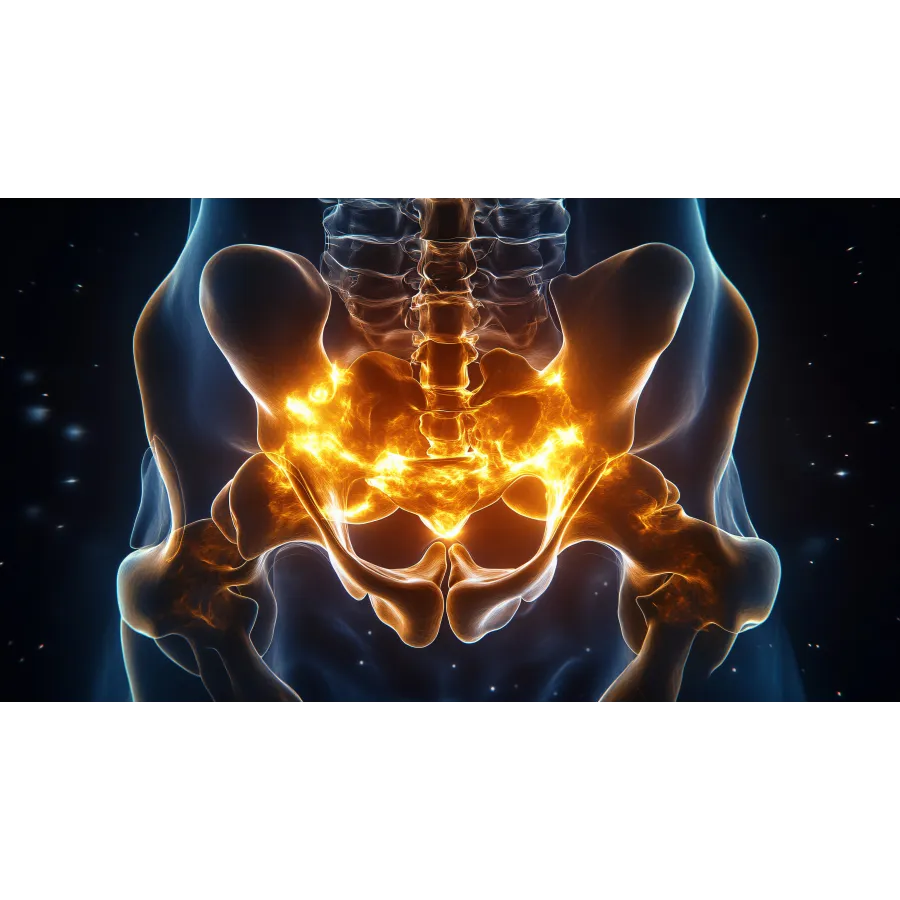Fecal Incontinence Treatment in Atlanta
What is Fecal incontinence?
Fecal incontinence is the inability to control bowel movements, causing stool to leak from the rectum unexpectedly. It can range from occasional leakage, such as when passing gas, to a complete loss of bowel control. Causes include diarrhea, constipation, and muscle or nerve damage, often related to aging or childbirth. Though it can be challenging to discuss, talking to a doctor can lead to effective treatments that improve quality of life.
We Offer The Best Treatment For
Fecal Incontinence In Atlanta
We have the best tools to diagnose and treat fecal incontinence. Our advanced treatments offer exceptional precision and effectiveness, helping you regain control and improve your quality of life. We understand how disruptive fecal incontinence can be, so we offer same-day appointments. Most importantly, our treatments are covered by insurance!

Common Signs & Symptoms Of Fecal Incontinence
- Sudden, uncontrollable urge to defecate.
- Diarrhea
Possible Causes
Of Fecal Incontinence
Many people associate fecal incontinence with an inability to control bowel movements. However, the severity of symptoms can vary, from occasional leakage to a complete loss of control. For many individuals, fecal incontinence has multiple causes, yet few undergo a comprehensive evaluation to identify the underlying issues.
At Advanced Urology, we always evaluate the root cause of fecal incontinence. Common causes include muscle damage, nerve damage, chronic constipation, and diarrhea. For example, damage to the anal sphincter muscles during childbirth or nerve injury from conditions like diabetes or stroke can lead to incontinence. We focus on identifying the specific factors contributing to your condition to provide effective treatment and help prevent worsening symptoms.
When to See a Doctor for Fecal Incontinence
At Advanced Urology, we always evaluate the root cause of the condition to ensure you receive the most effective care. The sooner you are evaluated, the sooner you can begin managing the condition and finding relief.
Schedule Appointment Online
Frequently Asked Questions (FAQs) About Fecal Incontinence
Q How is fecal incontinence treated?
Fecal incontinence treatment depends on the cause and severity but may include dietary changes, pelvic floor exercises, medications, biofeedback therapy, or surgical interventions for severe cases.
Q Can lifestyle changes help manage fecal incontinence?
Yes, diet modifications (such as increasing fiber or avoiding trigger foods), regular bowel training, and pelvic floor strengthening exercises can improve control and reduce episodes. Consulting a healthcare professional for a tailored approach is recommended.
Q Who is at risk for fecal incontinence?
Individuals at higher risk include older adults, women who have given birth vaginally, people with nerve damage (such as from diabetes or spinal injuries), those with chronic digestive disorders, and individuals who have undergone rectal surgery.
Q When should I see a doctor for fecal incontinence?
If fecal incontinence is frequent, affecting daily life, or accompanied by symptoms like pain, bleeding, or sudden changes in bowel habits, it's important to see a healthcare provider for evaluation and treatment options.
